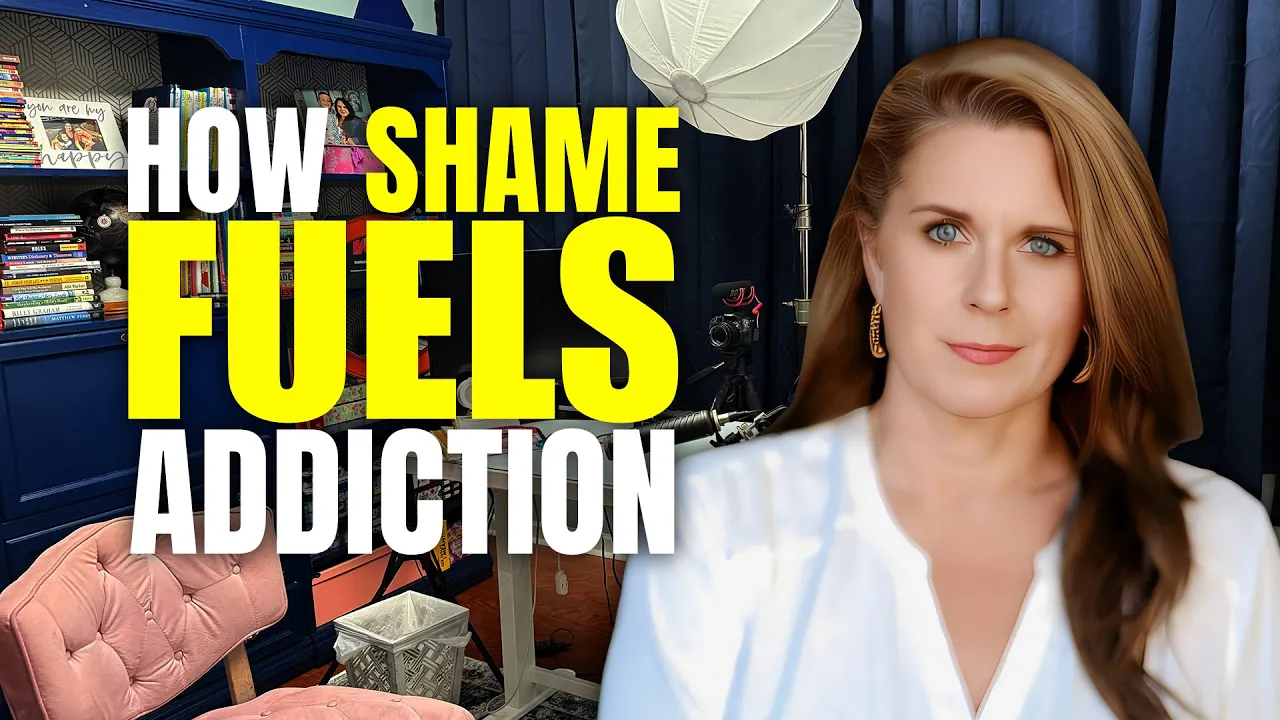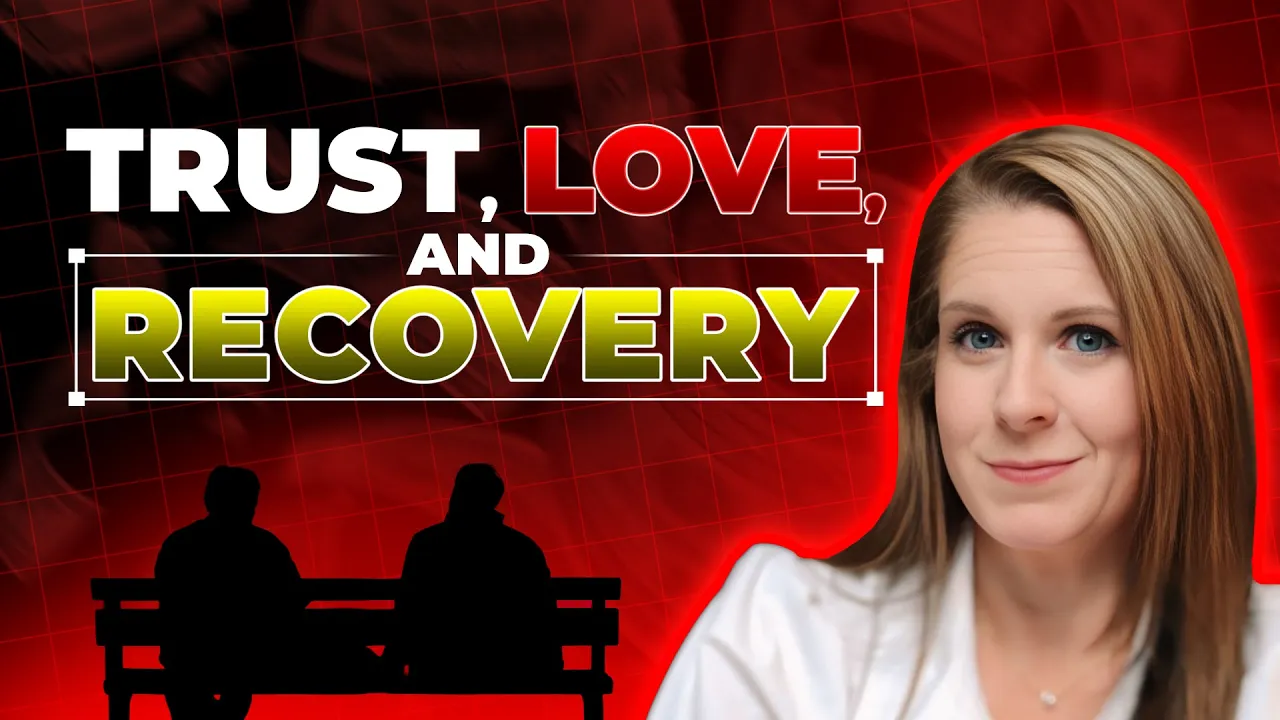Why SHAME Keeps Someone STUCK in Addiction (and How to Break Free)
How Shame Fuels Addiction (and Keeps People in Denial)
Almost no one wakes up and says, “I think I’ll be the bad guy today.” In fact, most of us go through extraordinary lengths—often subconsciously—to avoid seeing ourselves as the villain. This is true for all of us, but it’s especially true for people struggling with addiction.
One of the biggest drivers behind addictive behavior is shame. The tricky part? Most people don’t even realize it’s there.
The Hidden Power of Shame
You probably know what shame feels like. But we’re usually not aware of when we’re experiencing it—especially in the moment. Shame tends to hang out under the surface, quietly influencing:
-
How we feel
-
How we see the world
-
The decisions we make
-
And ultimately… how we behave
When we don’t recognize shame, we naturally begin building psychological defenses to avoid it. Unfortunately, those same defense mechanisms are what keep people stuck in denial and trapped in the cycle of addiction.
Today, we’re breaking down the four most common defense mechanisms that fuel addiction and block recovery.
1. Justification: “I Don’t Have a Choice”
Justification is when a person convinces themselves that their actions were necessary — even if deep down, they know something’s not right.
Example:
“If I don’t take pain pills, I’ll be too sick to work. I have to do this so I can support my family.”
There’s truth there… but not the whole truth. Over time, the addiction itself begins threatening the very job, family, and life the person is trying to protect, which means the justification becomes the very thing prolonging the problem.
2. Rationalization: “It’s Not That Bad”
Rationalization is when someone compares their behavior to something worse so it feels less harmful.
Things people in active addiction often tell themselves:
-
“At least I’m not doing hard drugs.”
-
“At least I’m not stealing.”
-
“At least I’m not hurting anyone.”
This mindset doesn’t move anyone forward — it just keeps them comfortable enough to stay stuck.
3. Minimization: “I’m Only Hurting Myself”
Minimization focuses on downplaying how much something is affecting others.
A classic phrase: “I’m only hurting myself.”
But addiction never stays contained. As it grows, it slowly consumes more time, energy, attention, and resources. Relationships suffer. Kids notice. Work performance drops. Even if no one else knows what’s going on yet, they feel it.
4. Blame: “It’s Because of ____”
When shame gets too uncomfortable, many people shift the focus outward.
-
“If my spouse wasn’t so controlling…”
-
“My job forces me to drink with clients…”
-
“If the government handled things better…”
Blaming other people, situations, or systems becomes a way to avoid taking responsibility — but it also blocks any chance of change.
Why These Defense Mechanisms Keep Addiction Alive
All four of these psychological defenses — justification, rationalization, minimization, and blame — are designed to protect us emotionally.
The problem?
They also keep us in denial.
Addiction thrives in secrecy and darkness. The longer we stay focused on excuses and comparisons, the less we’re able to see the truth.
The First Step to Recovery: Radical Self-Honesty
Recovery begins the moment someone starts getting honest with themselves. Not just about the behavior — but about the reasons behind it.
Yes, it’s uncomfortable.
Yes, it can feel exposing.
But shining light on those shame-based defenses is exactly what breaks the cycle.
👉 The truth is: people with addictions don’t just lie to others… they lie to themselves.
And it’s self-deception that keeps the addiction going.
What If You’re Trying to Help Someone in Denial?
If someone you love is stuck in denial, your natural instinct may be to “make them see it.” But trying to force the truth by throwing shame in their face usually backfires.
Instead, focus on creating safety. People are much more likely to face the truth when they feel heard, understood, and supported.
Amber Hollingsworth
👇Additional Resources:
💡 Amber's 30-Day Jump Start for Early Recovery
🧠 Strengths-Based Recovery Coaching
🔐 Rapid Relationship Repair Course
📱 24/7 Advice from Amber AI
👨👩👧👦 Consult with a Family Coach
The Surprising KEY to Restoring LOVE After Addiction


